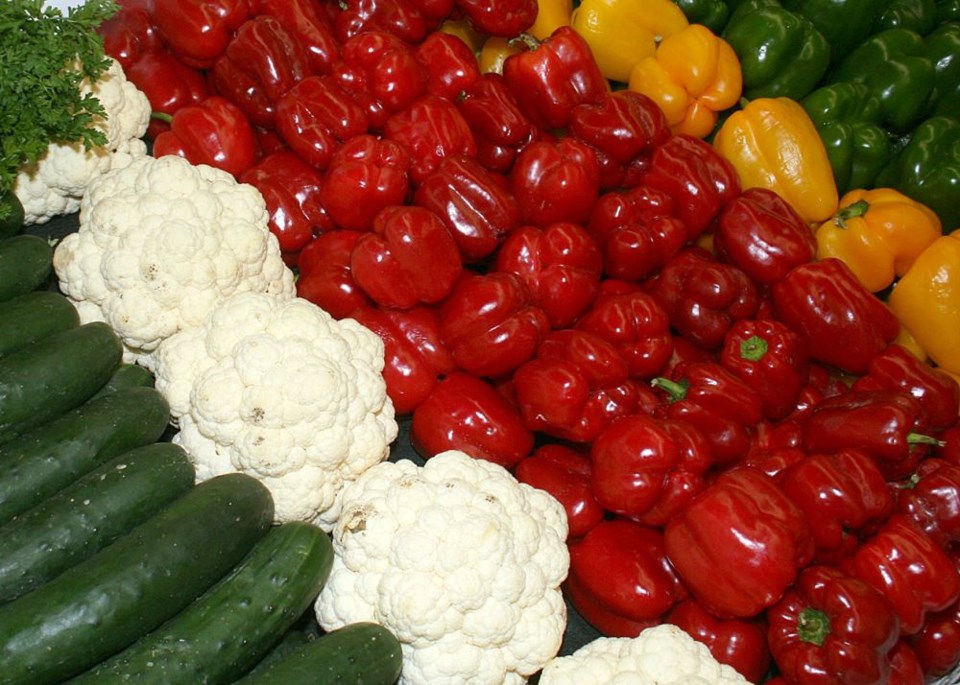June 23, 2016 – Food security and access to healthy, reasonably priced food is of paramount concern for remote First Nations communities in Northern Canada. News reports from this past year showing how changing climates are negatively impacting the length of ice road seasons, only highlight the urgency of addressing this problem with long-term and meaningful solutions.
A new commentary released by Northern Policy Institute, Food for Thought: Access to Food in Canada’s Remote North, reviewed current literature on food security to get a better understanding of the impacts that inadequate amounts of healthy, nutritious foods are having on First Nations communities in the North.
According to author, Holly Dillabough, the findings were not good.
“Current policies in Canada are woefully falling short when it comes to addressing food security in the nation’s northern reaches, stated Dillabough. “Remote communities faced with inaccessibly expensive and low-quality foods are consuming highly processed items more often, leading to poor health outcomes.”
The commentary provides an overview of the literature, both from academia, government, and non-government organizations, to get a better idea of the state of food security in Canada’s northern regions. Her research reveals impediments to access range from infrastructure to subsidies to data collection.
In order to remedy some of these issues, Dillabough offers a number of policy recommendations to better address food access in northern First Nations communities.
These include, but are not limited to, developing a national food policy to coordinate food security initiatives across government departments, increasing road access where financially and environmentally feasible, and improving research data to better determine the cultural determinants to food security.



